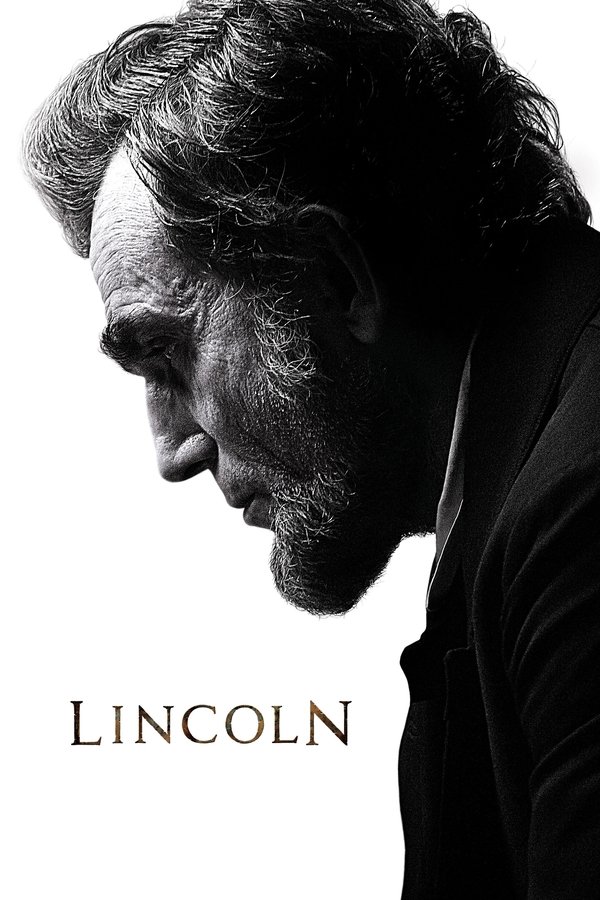Trailer
Toggle light
Comments
66 Views
Report
FavoriteIf current server doesn't work please try other servers below.
Server
Vidsrc
Server
1080P Only No ads
Server
GD
Server
StreamBucket

Lincoln 2012 Full Movie fmovies
Abraham Lincoln and the Fight for Freedom: Lincoln Full Movie fmovies
The Emancipation Proclamation
In January 1865, President Abraham Lincoln anticipates the end of the Civil War and worries about the fate of the Emancipation Proclamation. He believes it is crucial to pass the Thirteenth Amendment to prevent the re-enslavement of freed slaves.
Political Challenges
The Radical Republicans are concerned about delays in passing the amendment and the support it needs, including from Democrats. As Lincoln navigates political alliances, he faces pressure to wait for a new Congress but remains steadfast in his commitment to ensuring the amendment’s passage.
Francis Preston Blair and Negotiations
Lincoln relies on Francis Preston Blair’s influence to garner support for the amendment, even as Blair advocates for peace negotiations with the Confederates. Balancing conflicting interests, Lincoln reluctantly agrees to Blair’s mission despite opposition from Radical Republicans.
Democratic Votes and Family Struggles
Lincoln and Secretary of State William Seward strategize to secure Democratic votes for the amendment, focusing on outgoing congressmen seeking future employment opportunities. Amidst these efforts, Lincoln contends with family turmoil as his son enlists in the Union Army against his mother’s wishes.
Similar Content
The Passage of the Amendment
In a pivotal House of Representatives debate, Thaddeus Stevens adjusts his stance on racial equality to ensure the amendment’s legal passage. As rumors of Confederate envoys circulate, Lincoln maintains a careful facade to prevent interference in the amendment’s voting process, which narrowly succeeds.
The End of the War and Tragic Loss
Despite failed peace negotiations, Lincoln’s unwavering resolve leads to General Robert E. Lee’s surrender and discussions of post-war measures for African American enfranchisement. Tragically, Lincoln’s life is cut short by an assassin’s bullet, leaving a nation in mourning.
Experience the gripping tale of Abraham Lincoln’s fight for freedom in the full movie “Lincoln” on fmovies and witness a pivotal moment in American history unfold.
You may also like
×











